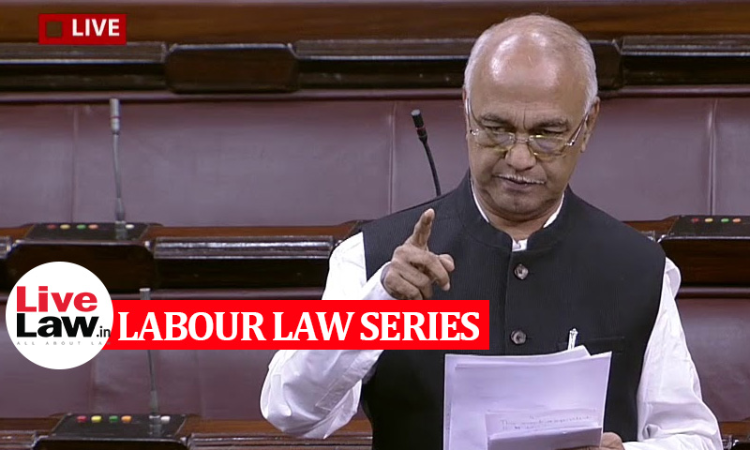Next Story
7 Feb 2022 2:13 PM IST
On February 4th, 2022, a Private Member Bill was introduced in Rajya Sabha, by CPI(M) leader Elamaram Kareem to repeal the four new Labour Codes being opposed by Trade Union Leaders and Labour law scholars alike. Normally introduced as a mark of protest, Private Member Bills are floated by MPs who are not Ministers (Bills by Ministers are called government bills) and can be introduced...

